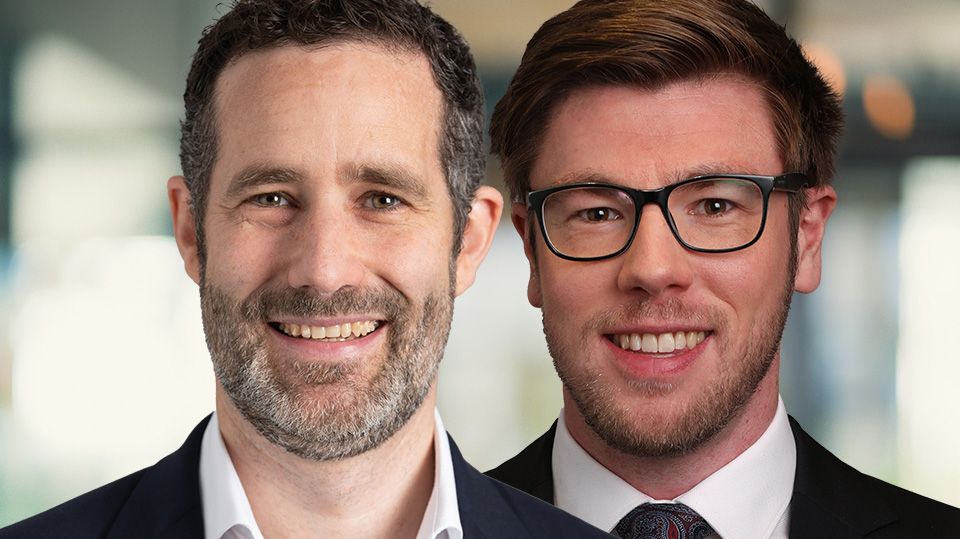With climate awareness intensifying in recent years, we have witnessed a significant investor exodus from heavy-emitting companies. The rise of ESG has been a key factor in this flight of capital, as asset managers have sought to demonstrate strong sustainability credentials.
As we embark on the evolution to a greener world, there are still numerous companies perceived as lagging in the transition, especially today’s heavy emitters, many of whom are responsible for a large part of the global pollution problem.
However, like it or not, many of these heavy emitters will play a crucial role in our transition to a more sustainable future, so it is important for investors to engage with these less popular companies. While there will always be companies to avoid – namely those requiring a complete business model reinvention – there are many businesses still relevant in the low carbon future but need to better demonstrate their transition in the right direction.
In an effort to enact real-world change, we have undertaken numerous engagement efforts with today’s heavy emitters since the launch of our climate engagement strategy in April last year. Below, we highlight three examples of our interactions.
Ashland
Ashland has evolved from being a diversified chemical player to a consumer-focused specialty additive and ingredients company, which is well aligned with sustainable trends. While it has historically lagged its competitors in terms of returns, the market has not yet rewarded the group’s efforts to transition to sustainable chemistries.
The aim of our engagement has been to support Ashland in convincing the market about the evolution of its portfolio over the past few years, as well as to push for a clearer strategic direction as it accelerates its journey towards a more sustainable product offering. This will lead to improved fundamentals and a higher justified valuation for Ashland, while its changing product offering will also deliver associated environmental benefits.
We have held five meetings with Ashland since the launch of our climate engagement strategy last year, including with the CEO and CFO. We have encouraged the company to ensure sustainability is a central aspect of its strategy, in terms of knowledge, transparency and targets. We were encouraged to see it achieved FSC certification for cellulose-based materials and look forward to continuing to work together to unlock further value and environmental benefits.
Hawaiian Electric Industries
Hawaiian Electric Industries (HEI) is the largest supplier of electricity in the US Pacific Ocean state. The company and its subsidiaries serve 95% of Hawaii’s 1.4 million residents on the islands of Oahu, Maui, Hawaii Island, Lanai and Molokai. In 2017, the state of Hawaii approved a roadmap to achieving 100% of electricity from renewable sources by 2040.
Our initial engagement was focused on the acceleration of solar deployment, which also made economic sense due to favorable conditions for solar energy in the region. Later, we also pushed for board refreshment to include members with sustainability and utility backgrounds, who we view as better qualified to drive the energy mix transition. We also worked with HEI on its reporting to the Task Force on Climate Related Financial Disclosures.
More recently, we have encouraged the company to publish emissions reduction targets in terms of carbon intensity to account for economic growth, and to seek approval from the Science-Based Target Initiative (SBTi). HEI has now formally committed to seeking SBTi approved short-term and net-zero targets. Also, HEI’s net-zero target is now credited by the Transition Pathway Initiative, which will help promote the company’s positive decarbonisation strategy.
Xcel Energy
With approximately 45 million tons of direct carbon emissions, US regulated utility group Xcel Energy is a major US electricity supplier and among the world’s 30 largest greenhouse gas (GHG) emitters. As it currently owns and operates coal-fired power plants, Xcel is often automatically overlooked – or outright excluded – by ESG-conscious investors, despite becoming the first major US utility to set net-zero emissions targets already in 2018.
While still part of the climate problem, we have already witnessed rapid decarbonisation from Xcel. Its coal-fired electricity production has dropped from almost 56% of its total generation in 2005 to 25% in 2021 – while the share from renewables increased from about 9% to 36% over the same period. We have been engaging with Xcel on climate topics individually, and through the Climate Action 100+ initiative, since 2019. Over the course of this engagement, Xcel have significantly strengthened its climate-related reporting and linked executive compensation to emission reduction targets. Moreover, it has recently sought regulatory approvals for coal plant retirements, which will mean it completes a full retirement of all remaining coal plants by 2030, or sooner.
In light of Xcel’s ambition to achieve net-zero methane emissions by 2030, we recently focused our engagement on this powerful GHG – which contributes to about 25% of global warming – urging Xcel’s CEO and management team to join the Oil and Gas Methane Partnership 2.0 (OGMP 2.0) without delay. To date, more than 100 companies have committed to measuring and reporting methane emissions through this transparent, science-based, and globally standardised protocol.









